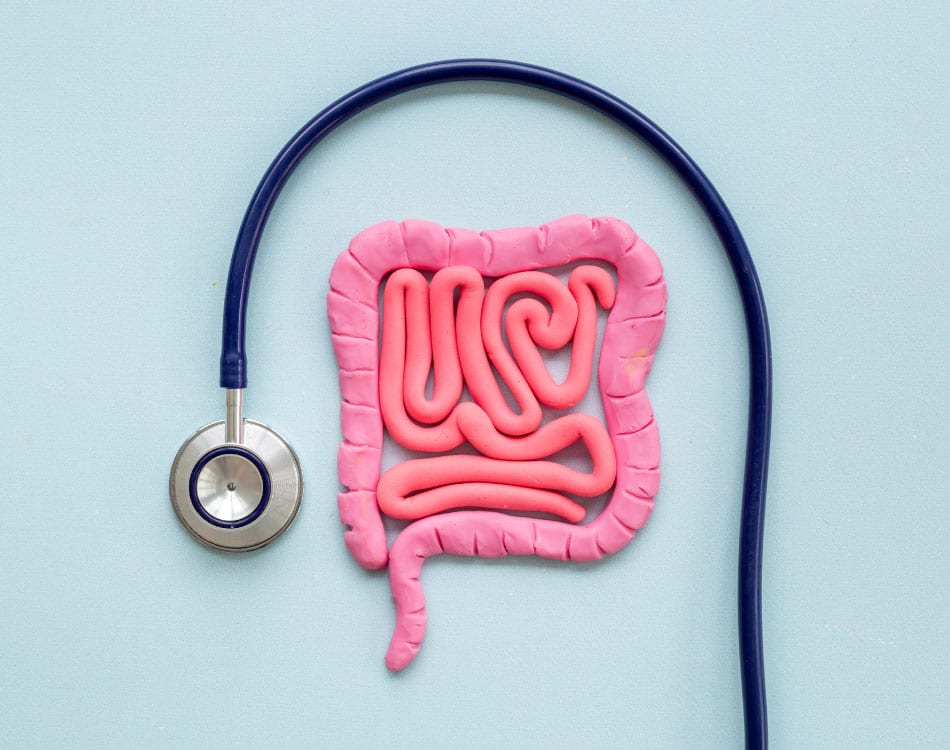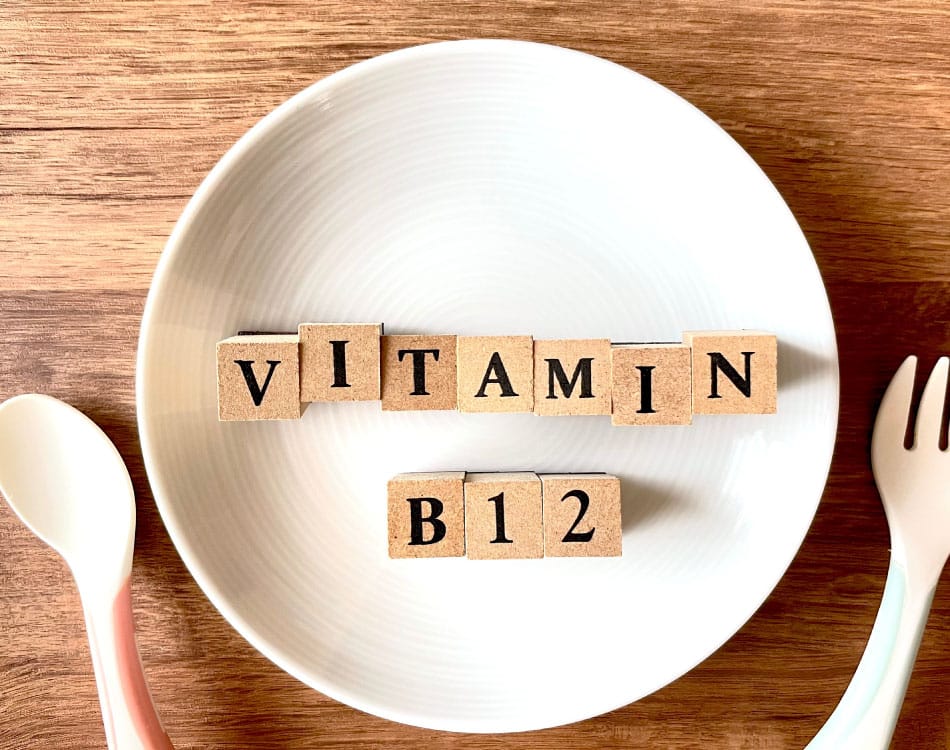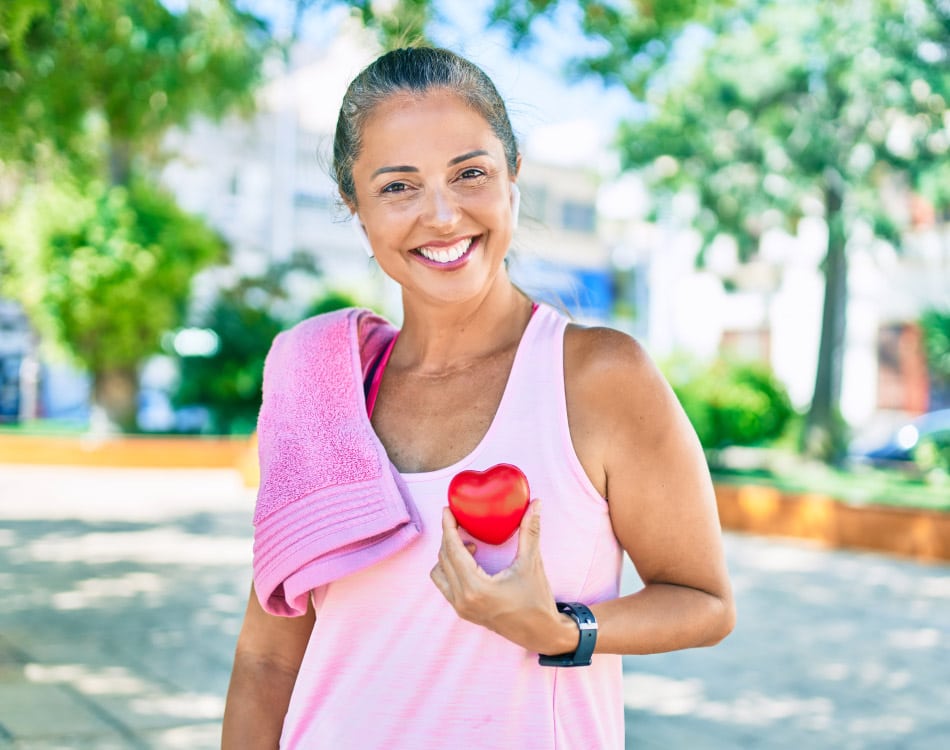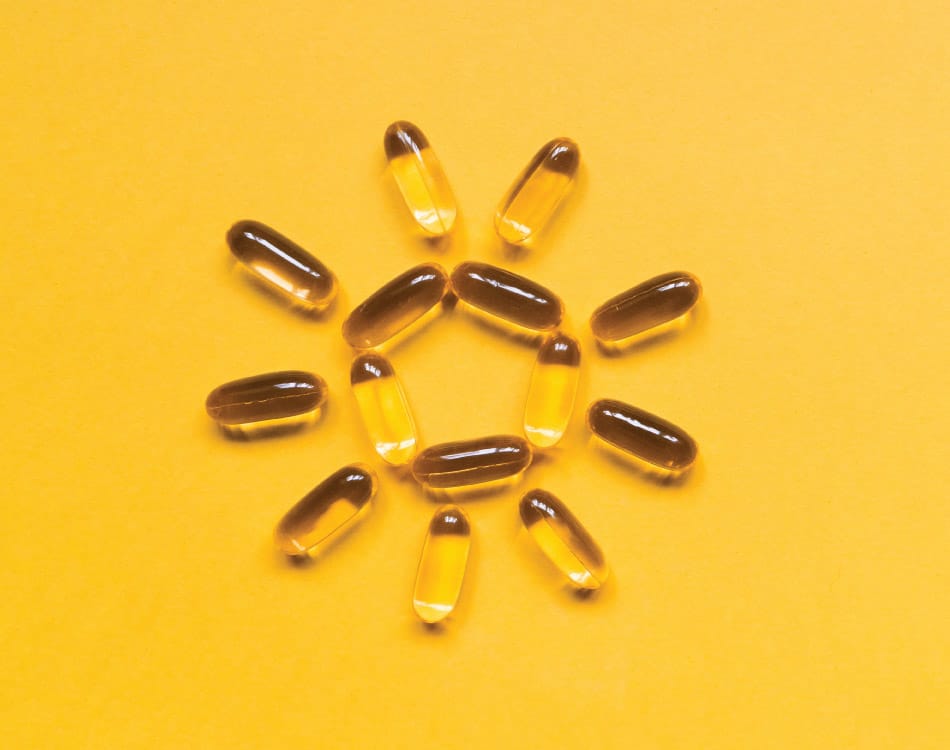As South Africans stay at home during the national lockdown to help reduce infections and flatten the curve, they’re faced with high levels of stress, uncertainty and pressure to stay healthy.
SA health expert, Vanessa Ascencao says research shows that diet, nutrition, exercise and mental strength are vital for optimal immune function and to help counter disease and infection.
Bolster immune response to COVID-19
Reports show that a person’s immune response impacts directly on their ability to fight a COVID-19 infection.
“The virus matters, but the host response matters at least as much, and probably more,” said Stanley Perlman, a virologist and infectious disease specialist at the University of Iowa.
Another study, published in Nature Medicine, showed how a strong immune system may shorten the length of infection.
Since a large percentage of the immune system resides in the gut, it’s essential to nourish the body with whole, natural, fibrous foods. These include:
- Fresh fruits
- Fresh vegetables
- Whole grains such as brown rice and raw oats
- Small portions of quality protein such as lean meat, poultry and fish
- Seeds, nuts, beans and legumes.
Ascencao shares the following tips for good health during COVID-19:
Only shop when absolutely necessary
- Use a food delivery or online shopping service where no contact needs to be made.
- Do not panic-buy. Instead, plan meals and create a shopping list based on what you have and what you need. Keep a list of varied family favourite healthy recipes and prepare accordingly.
- Choose whole foods first, then stock up on healthy canned foods. Choose food that will freeze well such as fruit, vegetables, butter, cheese, bread, lean meat, fish, eggs and herbs.
- Prepare and freeze – from large meals to sandwiches.
- Appreciate less expensive foods or add beans or lentils to make your dish go further.
Choose healthy foods
- Focus on the nutrient content. Follow a balanced diet rich in fruit, leafy green vegetables and lean protein to help improve mood.
- Include fermented foods such as sauerkraut, kombucha and kimchi to help improve gut health, and fatty fish, coconut oil, cold-pressed olive oil, avocado, nuts and seeds rich in omega 3 fats help manage anxiety.
- Eat food that’s good for the liver such as garlic, onions, broccoli, cabbage, kale and turmeric. Keeping your liver in good shape is important for maintaining health.
- Help boost immunity with foods rich in vitamin C such as oranges, lemons, broccoli, Brussels sprouts, papayas and strawberries.
- Shiitake mushrooms are loaded with antiviral, antibacterial and antifungal compounds shown to help boost immunity and reduce inflammation. AHCC, an extract of the shiitake mushroom mycelia, has been shown to activate cellular immune function and help defend against bacterial and viral infections.
- And drink plenty of liquids. Try adding lemon, honey, ginger and garlic to water.
Support your diet with supplements
Boost your vitamin intake with BetterYou’s Boost B12 and Dlux Vitamin D oral sprays.
Supplement with Biomax Liposomal Vitamin C which uses liposomal technology to deliver increased vitamin C into the bloodstream.
Curcumin has antiviral, antibacterial and anti-parasitic properties and has been found to help with diabetes, pain management, rheumatism, osteoarthritis, memory and skin conditions like eczema.
Bio-Curcumin is backed by clinical studies and shown to help against an earlier strain of the coronavirus which also affected the respiratory system.
Seek credible natural stress remedies such as CBD Oil. Growing supports its efficacy in reducing anxiety and improving sleep.
Avoid unhealthy food, stress eating and bad eating habits:
During times of stress, avoid foods rich in refined sugar, sugary drinks and stimulants as these may increase anxiety, depression, the risk of obesity, blood sugar levels, and the risk of type 2 diabetes and heart disease.
- Avoid fried and processed foods as these are high in saturated fats which may compromise heart health and may contribute to weight problems, high blood pressure and stroke.
- Avoid processed meats as these are high in sodium and unhealthy fats which may contribute to arterial stiffening, heart disease and diabetes.
- Comfort or emotional eating may have detrimental physical and mental effects. Ward off bad eating habits by planning healthy meals and follow an eating schedule. Create a calm environment and find a healthy activity to do when cravings hit, avoid eating in the bedroom and find healthy ways to manage stress.
Additional ways to manage stress
- Develop a comprehensive self-care plan.
- Spend up to 30 minutes every day being quiet or meditating.
- Exercise for a minimum of 30 minutes every day.
- Find healthy activities that nourish your mind, body and soul such as yoga, mindfulness meditation, reading, painting, journaling or doing a crossword puzzle.
- Take a 30-minute nap as this helps boost immunity.
- Aim for eight hours of restorative sleep a night.
- Seek balance and be present.
- Limit your exposure to stress and attempt to change the way you approach stressful situations. If you are in an abusive environment, seek help immediately.
- Connect with people in or outside your home. Make time to phone family or loved ones every day.


















Leave A Comment